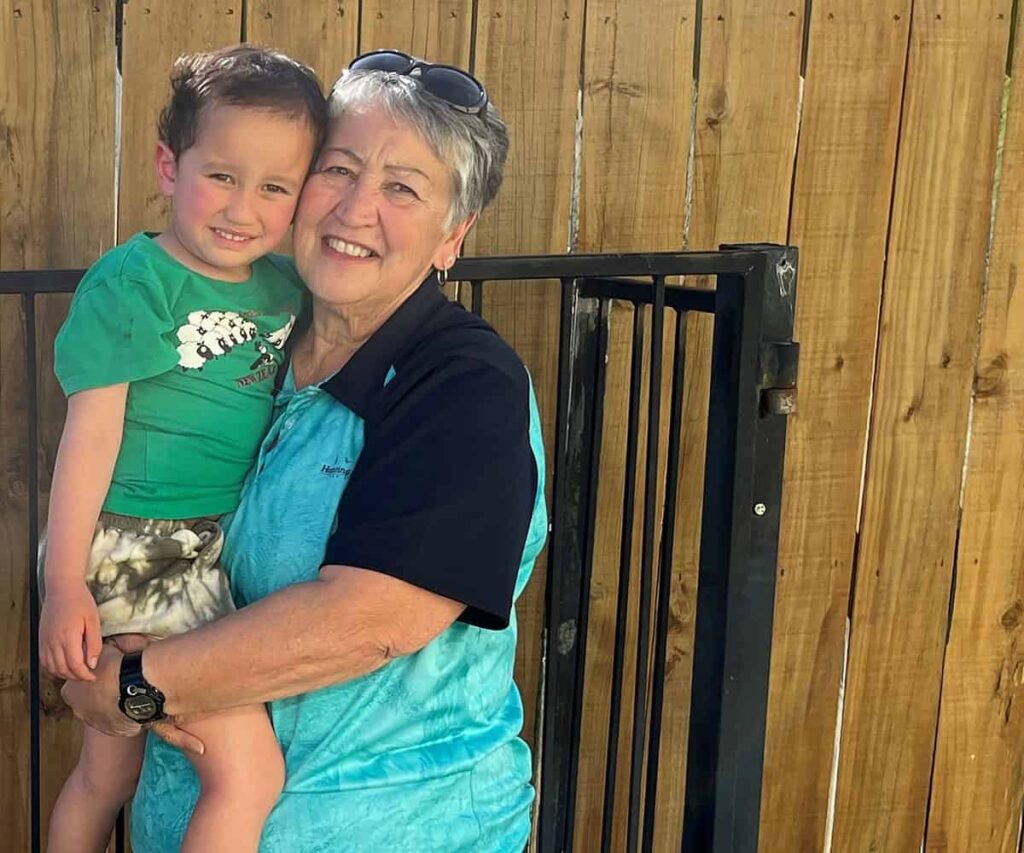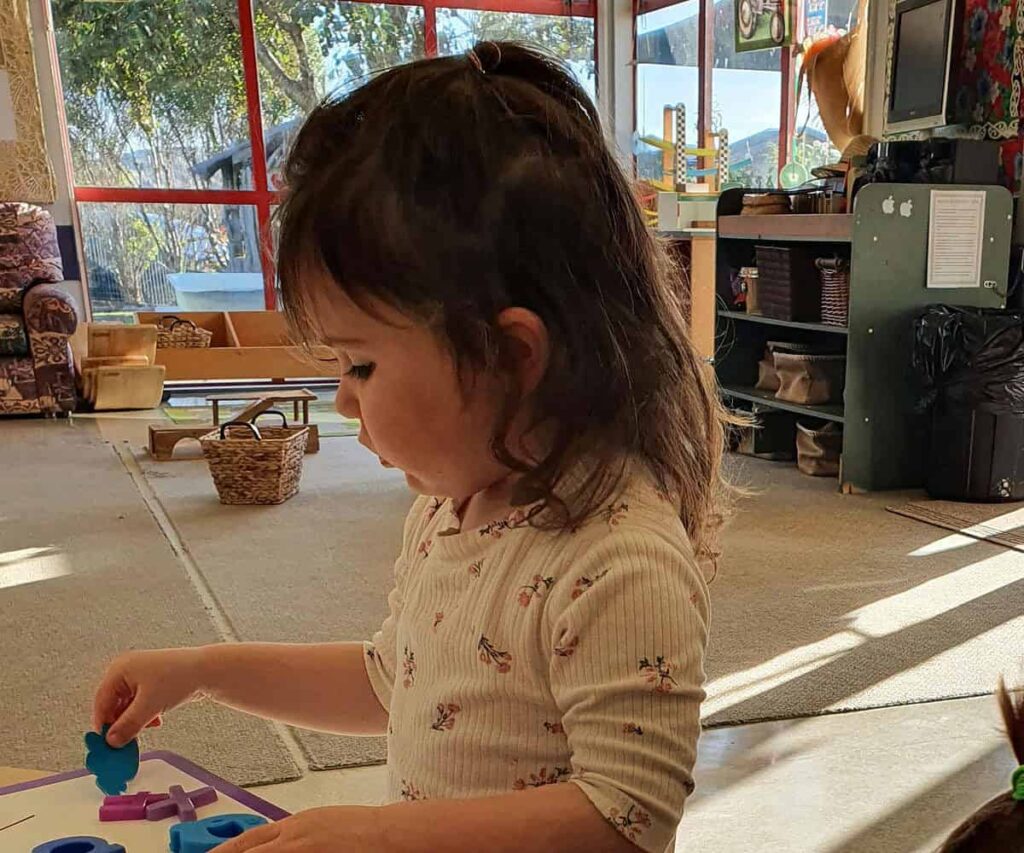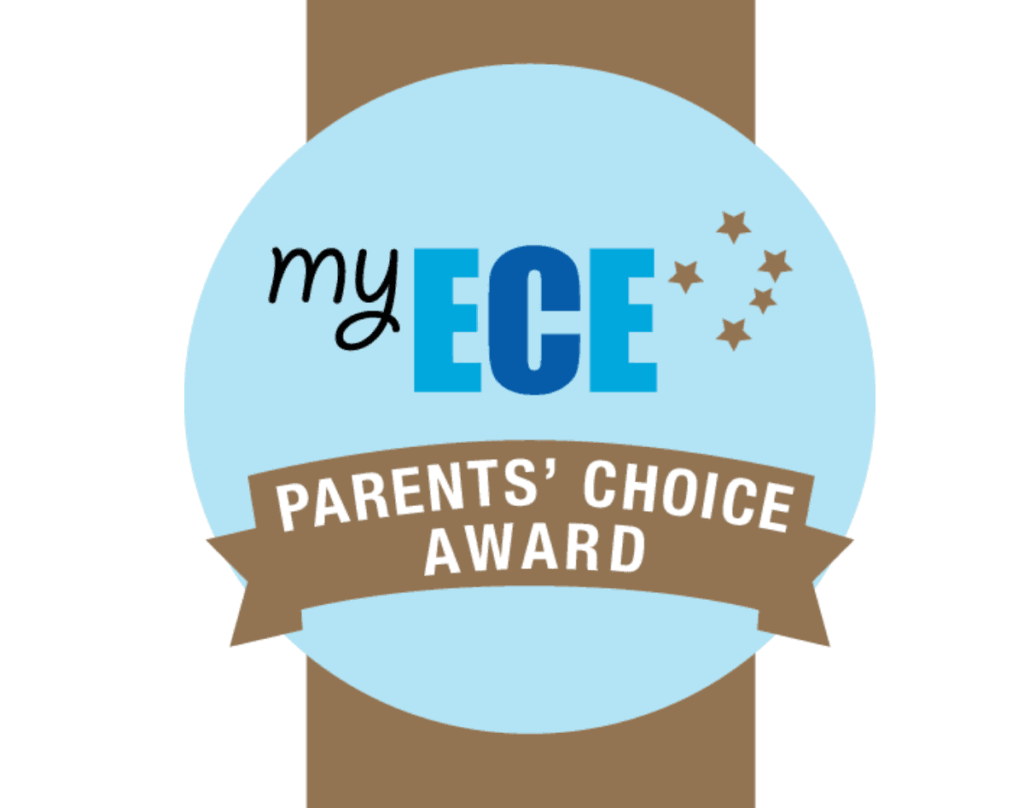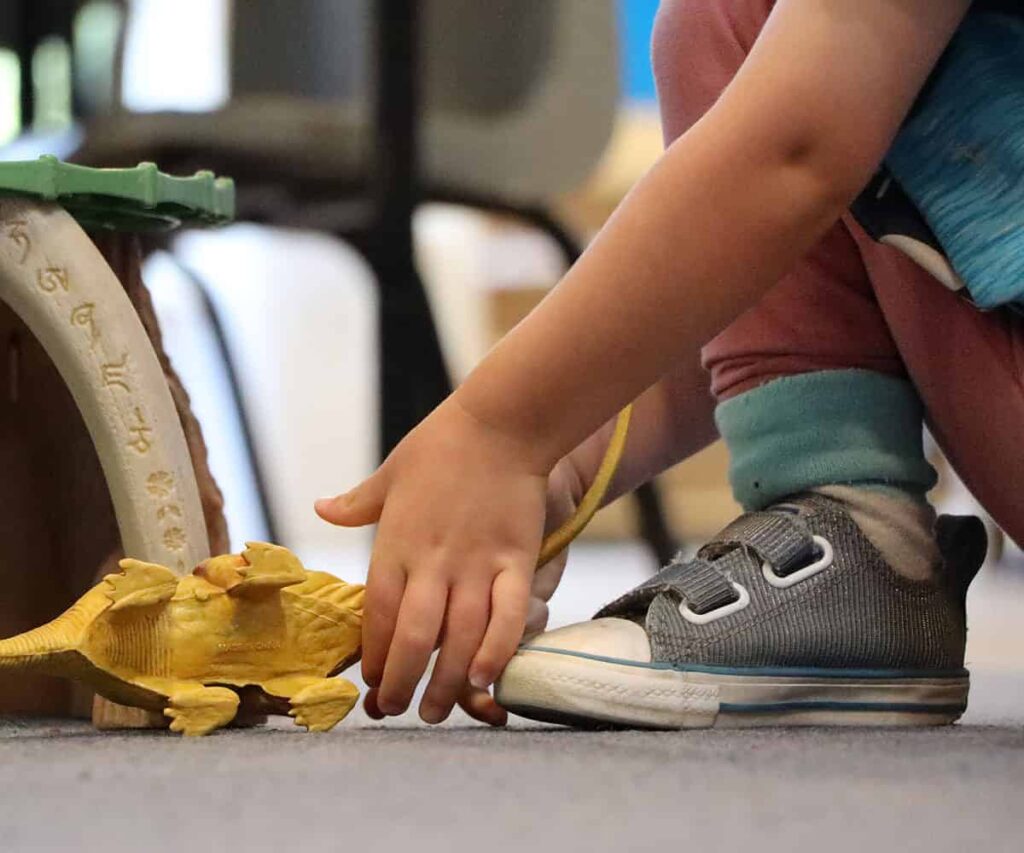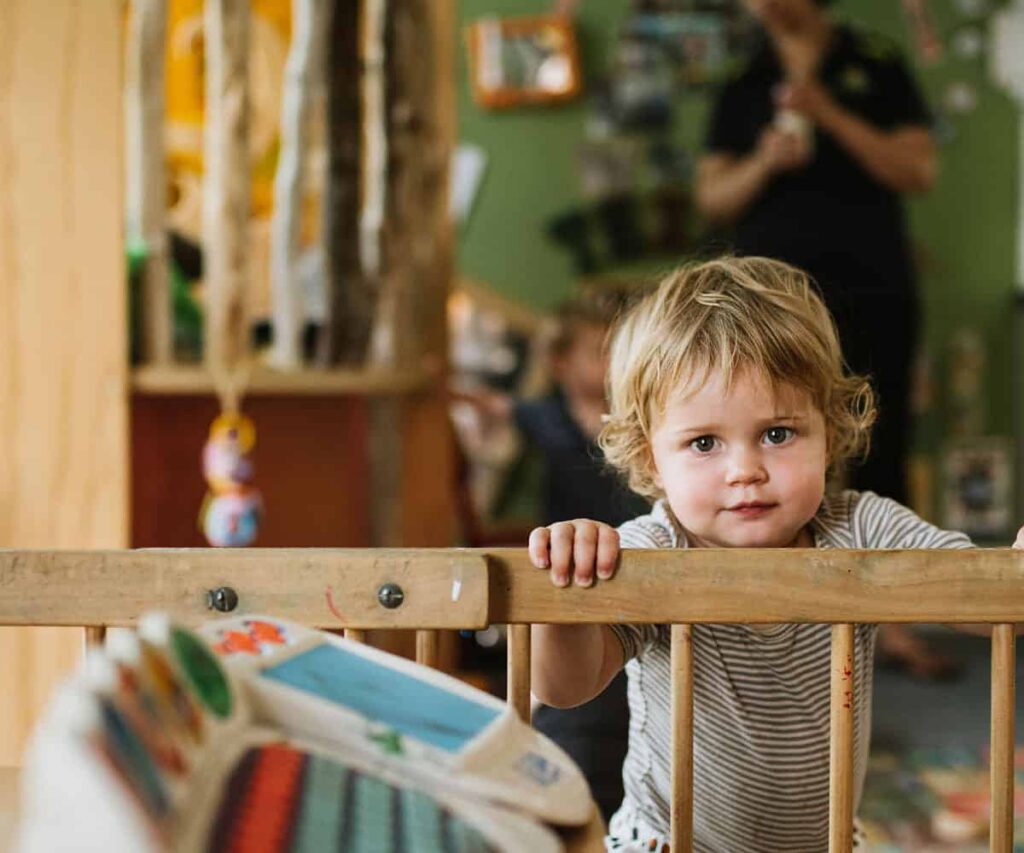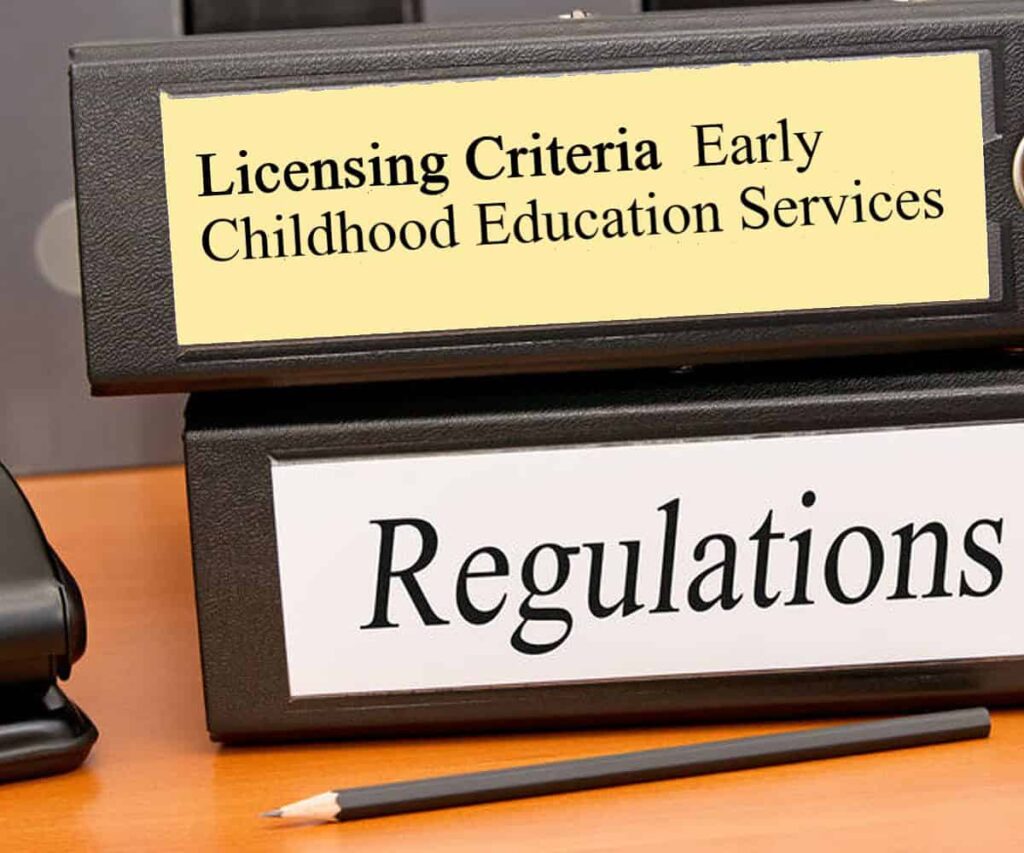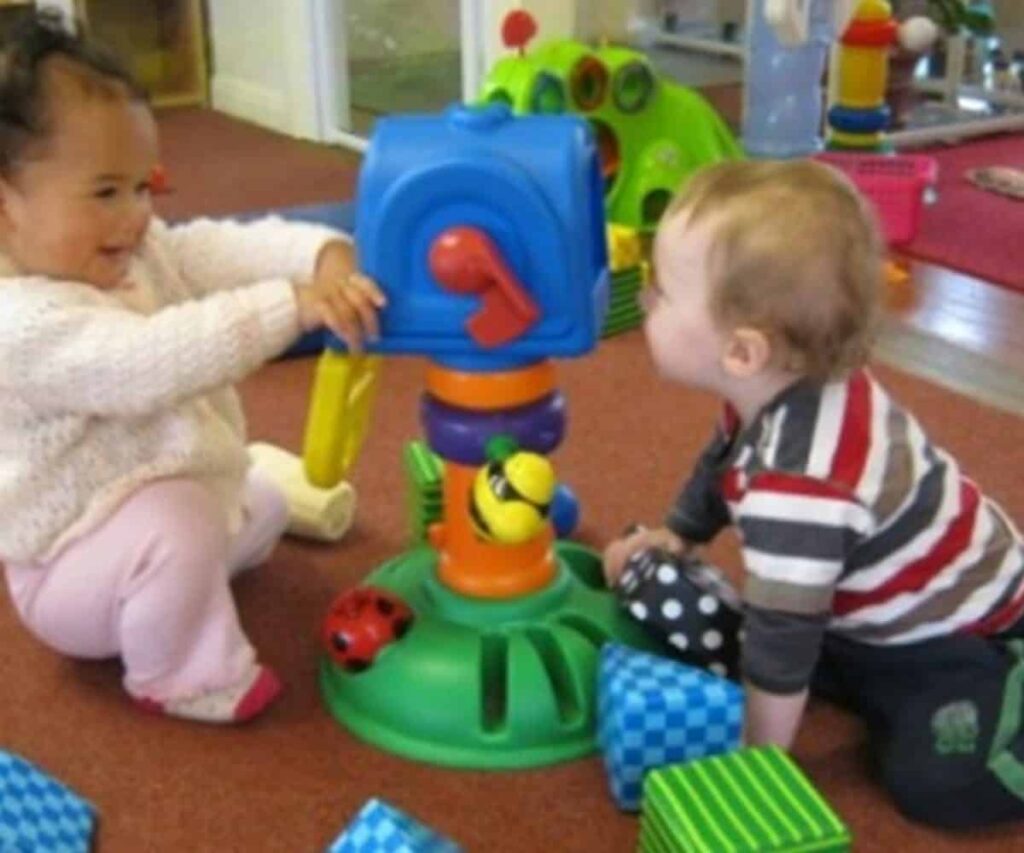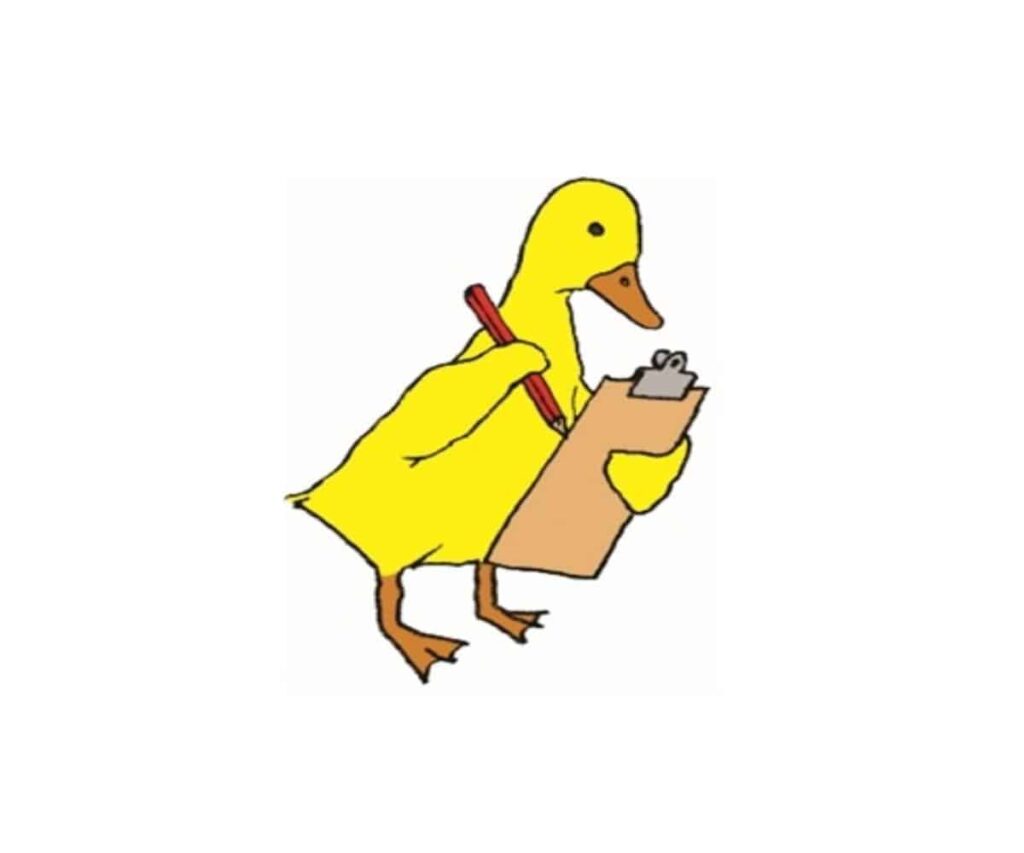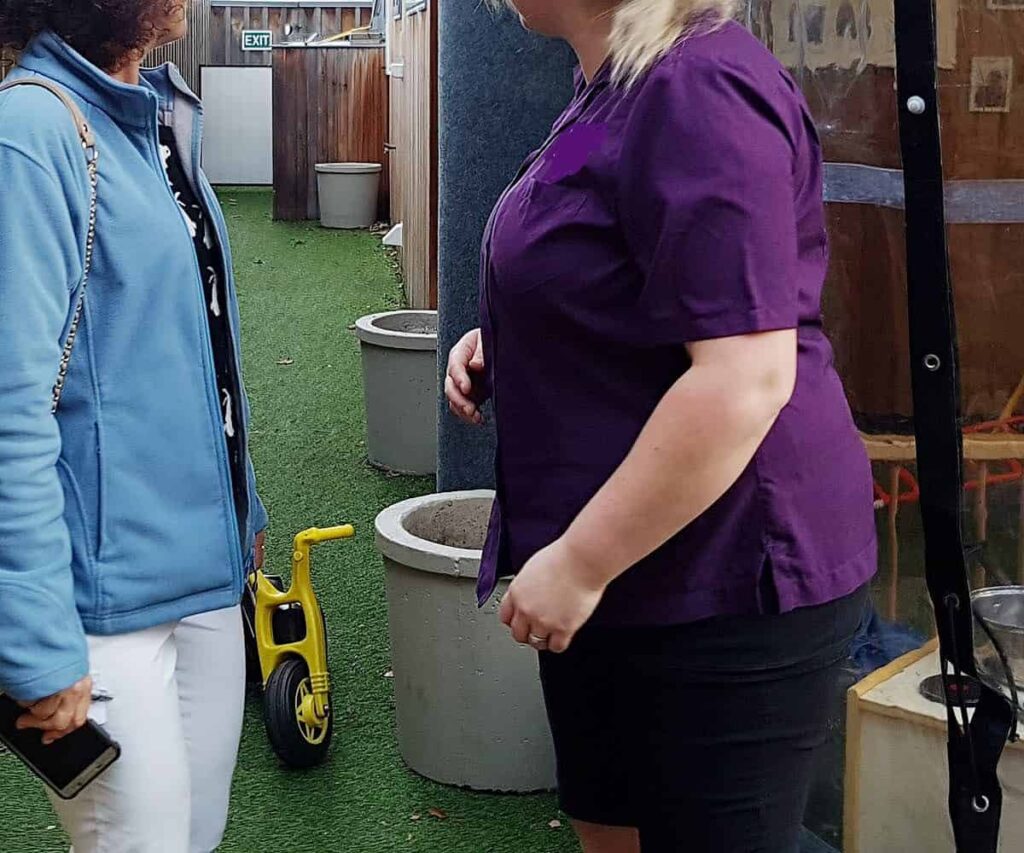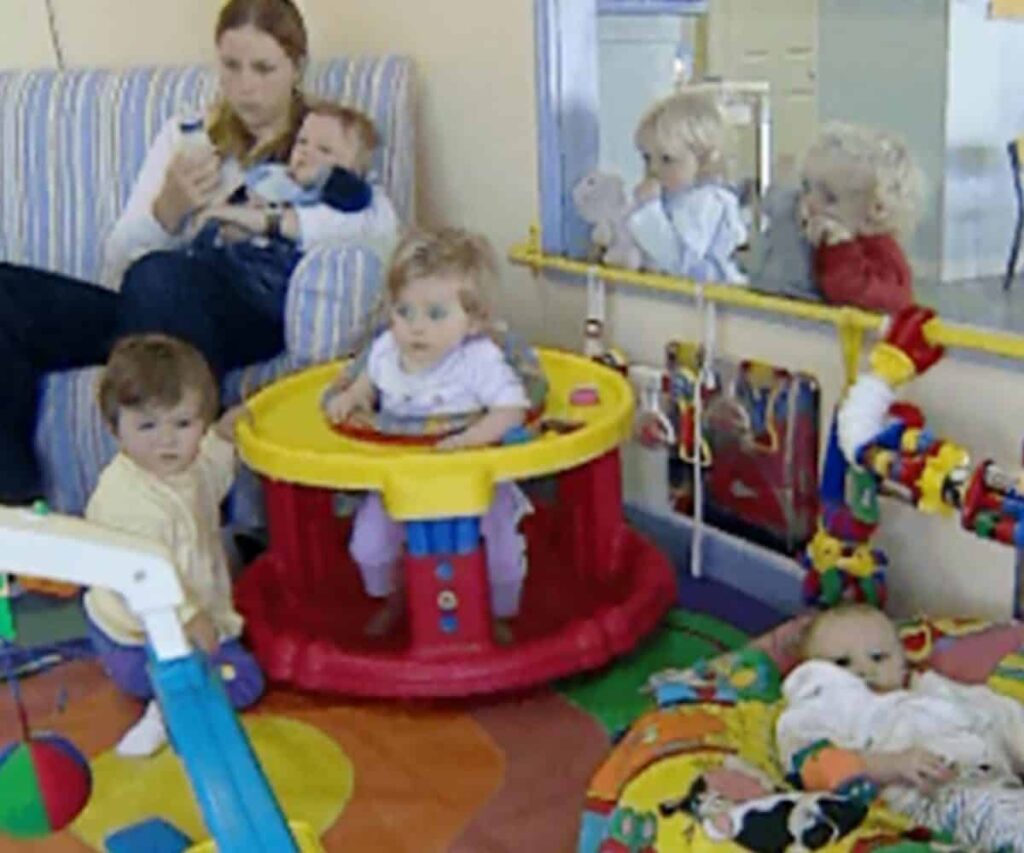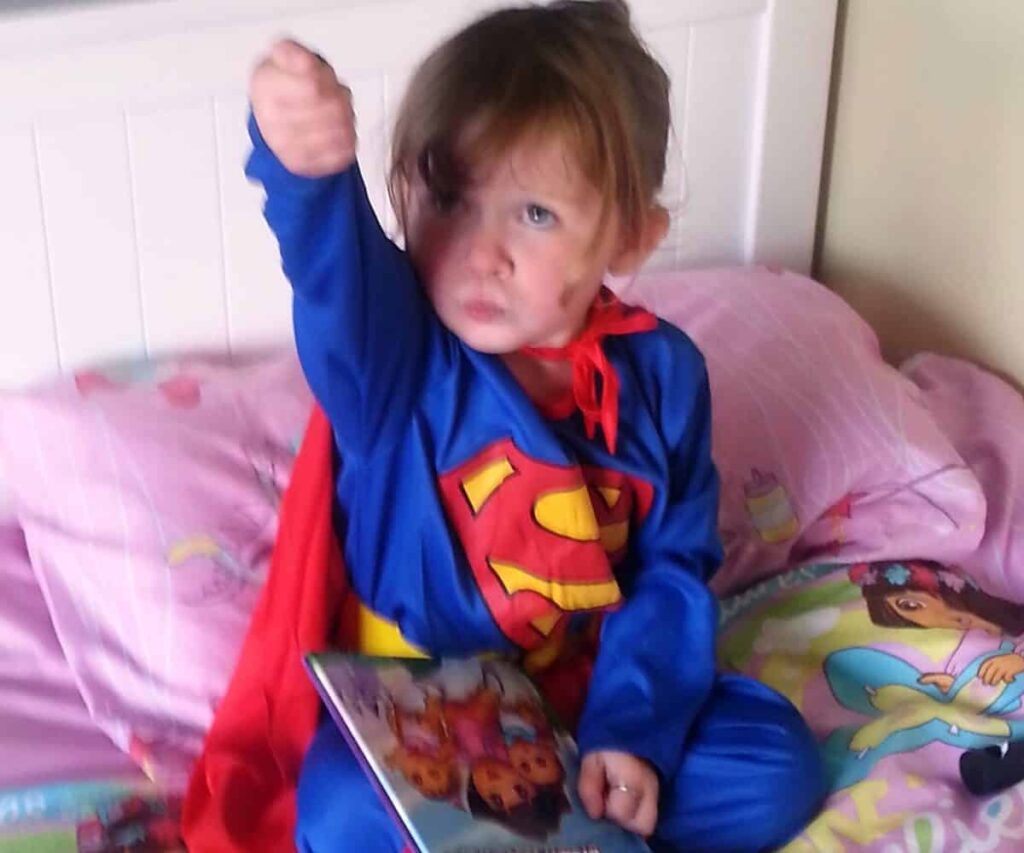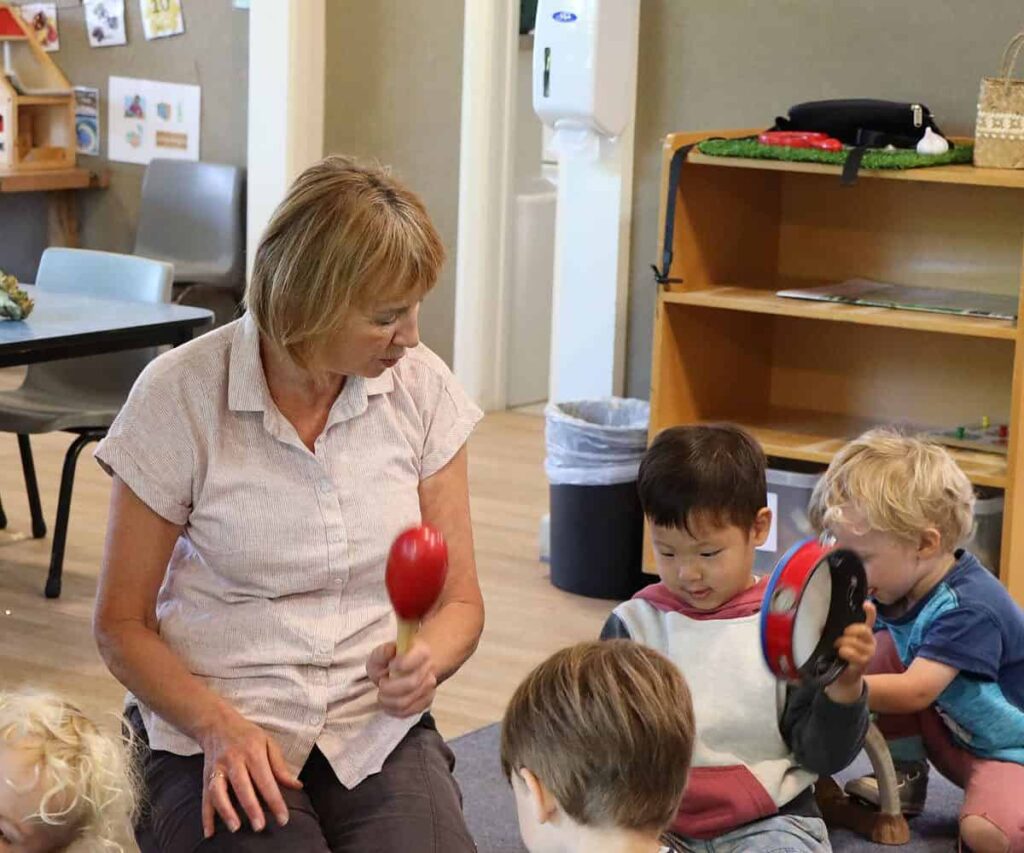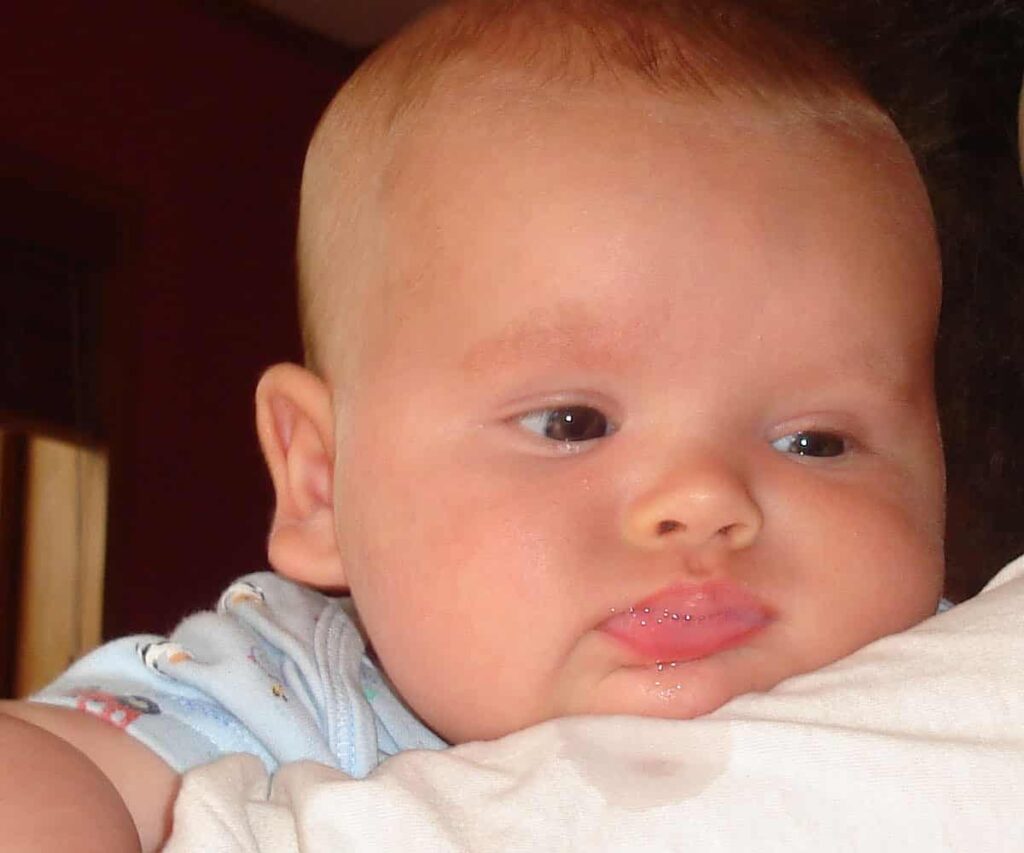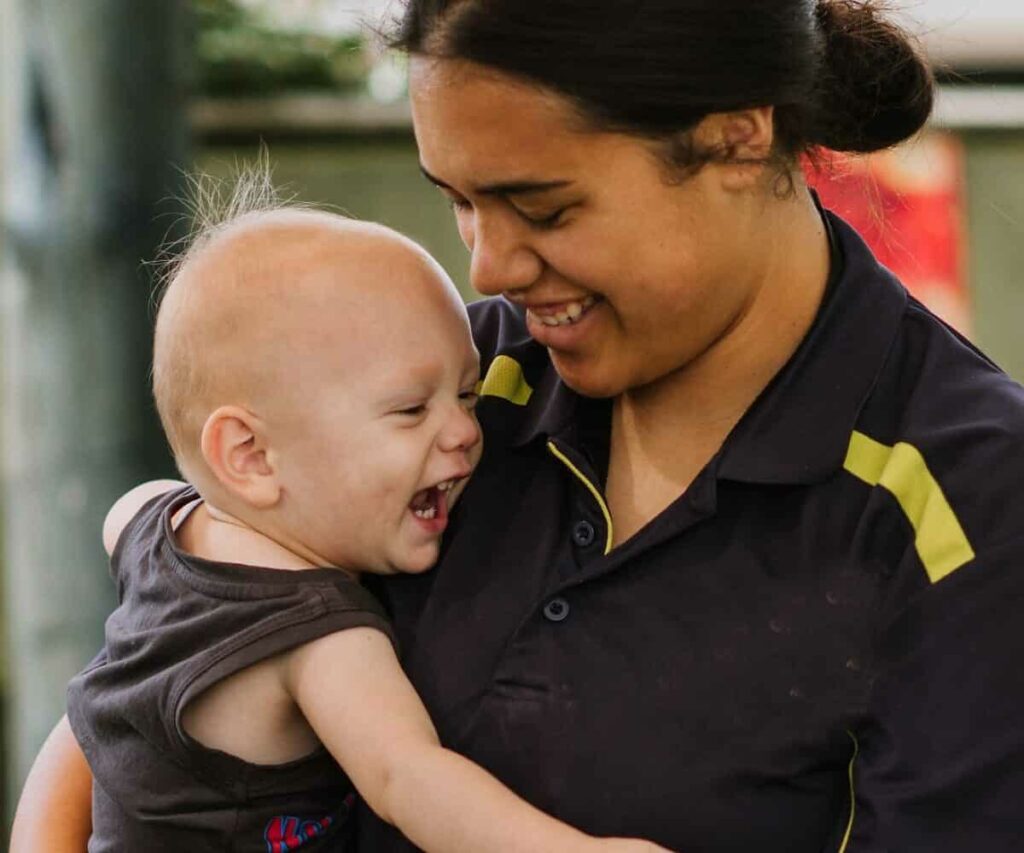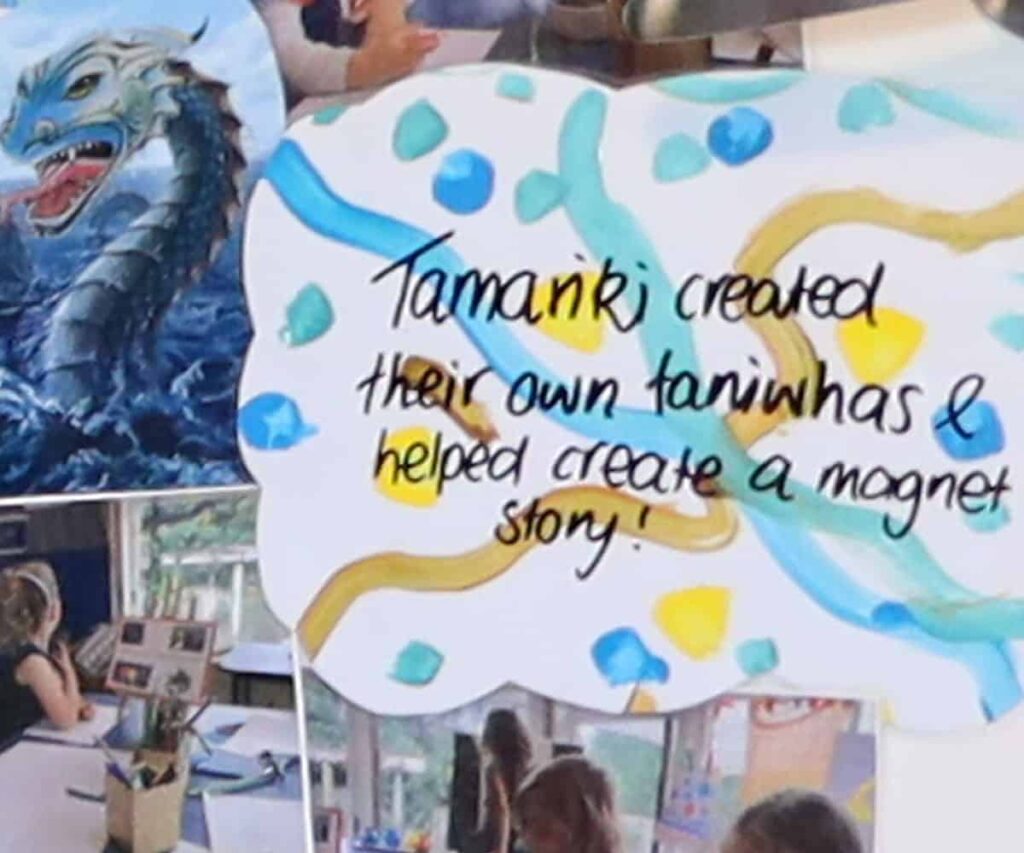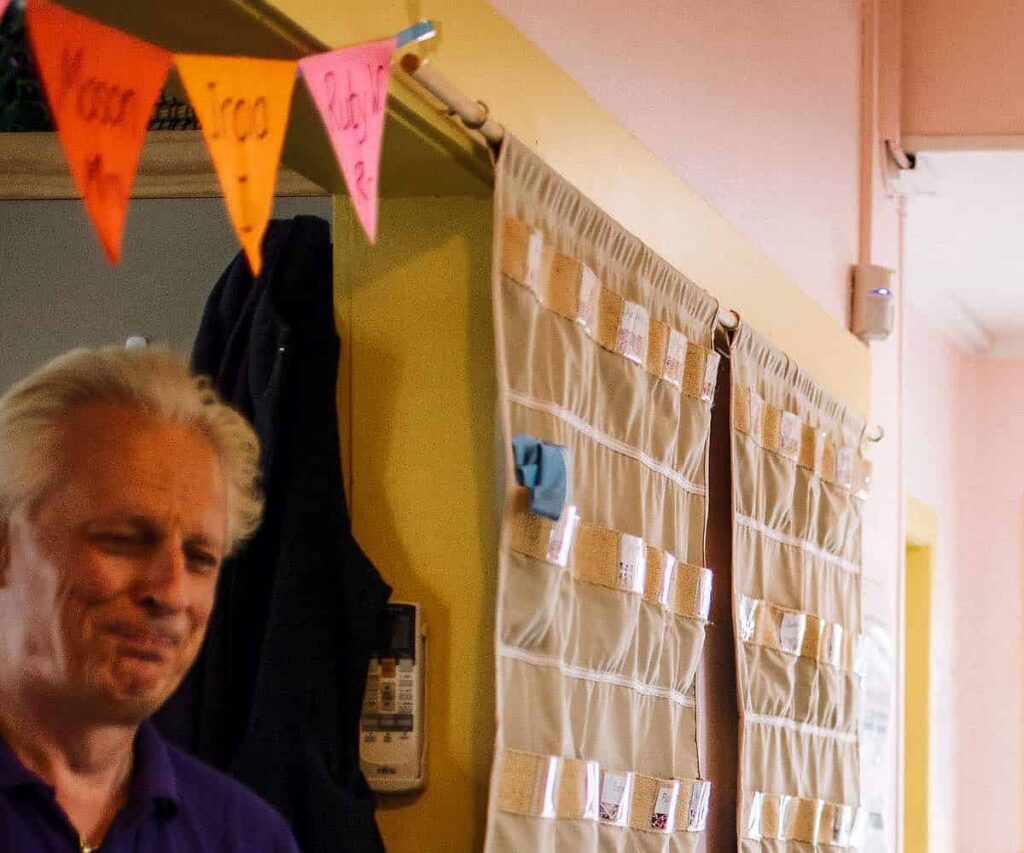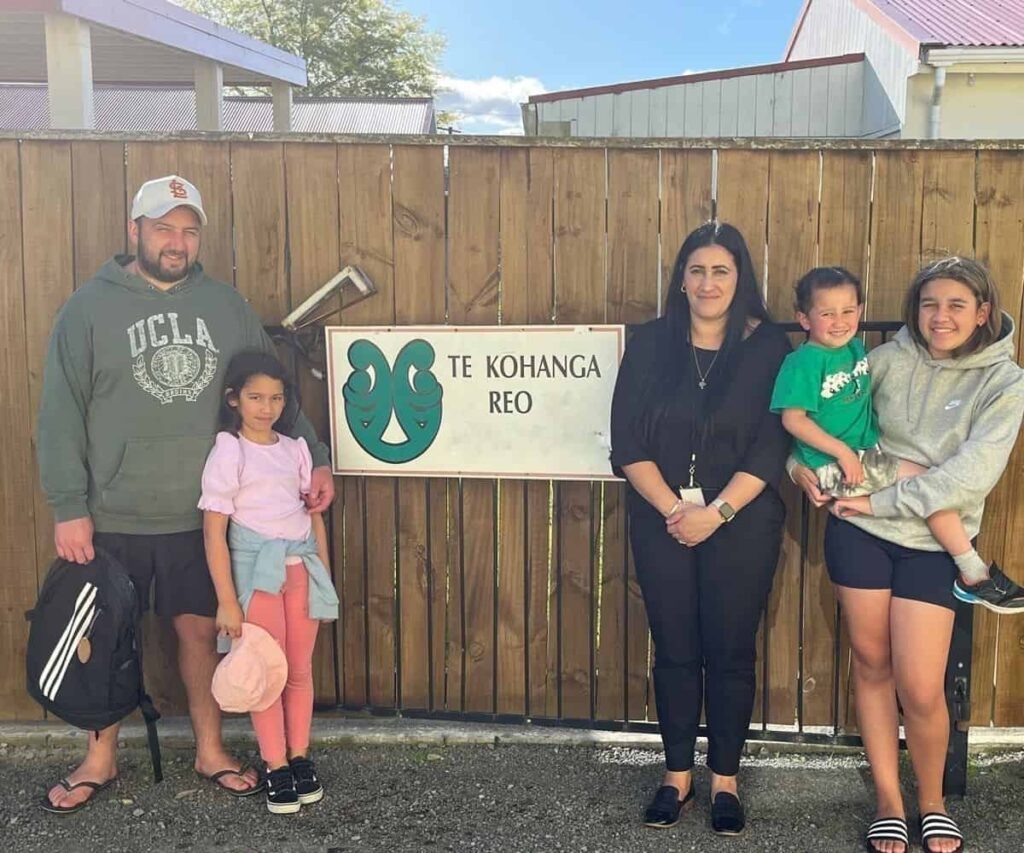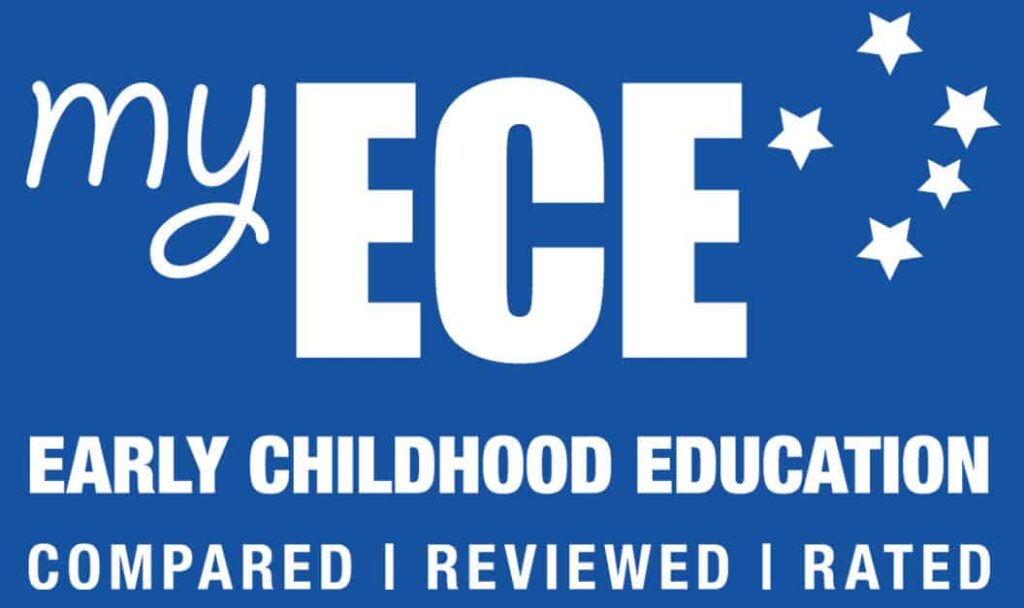Definition of a licensed service
The definition of an early childhood centre or service is – “Any premises used regularly for the education or care of 3 or more children (not being the children of the person providing the care) under the age of 6” (with the exception of registered schools and children’s health camps which are not required to apply for a licence under education regulations and be licensed before operating).
Regulatory information that must be displayed
Every licensed service must prominently display the following for all parents and visitors to see:
- It’s current licence to operate certificate.
- A copy of the Education (Early Childhood Services) Regulations 2008.
- A copy of the Licensing Criteria 2008 and updates.
Note that “prominently displayed” suggests high visibility and display where all parents regularly will see these. There is no requirement that services must inform parents about the availability of a copy of the licensing regulations and criteria.
When the Ministry of Education reclassifies a service’s licence, any previous licence certificate held must be immediately returned to the Ministry of Education and the new ‘class’ of licence prominently displayed for parents and visitors to see.
A service that portrays itself as holding a full licence when it does not, or knowingly makes a false statement regarding what licence it holds, commits an offence that carries a maximum fine of $500.
Types of licences
The classes of licence are:
- Probationary licence – may be held for up to 12 months while a full licence application is processed. To get a probationary licence the service must meet the qualifications, ratios, service-size, and premises and facilities standards. Once the service is open, the Ministry considers it will be likely to comply with the curriculum, health and safety, and governance, management, and administration standards.
- Full licence – a full licence is issued to a service when it is assessed as meeting all regulatory standards. A full licence once issued has no expiry date.
- Provisional licence (see below)
- Suspended licence (see below)
Licences may be downgraded to provisional, suspended, or withdrawn and cancelled by the Ministry of Education.
Compliance with minimum standards
Should a service breach regulation the Ministry of Education can ask a service to make improvements and/or it can use any of its compliance tools:
- Issue a written direction giving a service up to 10 working days to fix immediate health and safety risks. Services are not required to tell parents or display the written direction, and children can continue to attend.
- Downgrade the full licence to a provisional licence. This allows the service to continue operating while working toward compliance. Services are required to display their licence, but not required to make sure that all parents know about the licence reclassification and failure to meet minimum standards.
- Suspend the licence. Children cannot attend when the licence is suspended. If a suspended service does not meet the conditions of the suspension notice, the Ministry may cancel its licence to operate.
- Cancel the licence. The last resort is withdrawing the licence and permanently closing the service.
A provisional licence will state that the conditions stated on its probationary or full licence have not been met, or that it has not complied with a written direction within the period of time stated on the written direction/ warning. A service may also have its licence reclassified to provisional if a serious incident involving a child warrants licence reclassification.
A suspended licence can be issued if the Ministry finds that it is not in the interests of children for the service to continue to operate; or the service provider has physically ill-treated a child; or in guiding or controlling a child, subjected the child to solitary confinement or deprived the child of food, drink, warmth, shelter, mobility, or protection or failed to ensure that the child is not ill-treated; or failed to prevent a person reasonably suspected of doing anything referred to above from having contact with the children. A licence may also be suspended should the Ministry find that the service provider has failed to take all reasonable steps to ensure that children do not come into contact with staff or any other person involved in the provision of the service who is suffering from a disease or condition capable of being passed on to children and likely to have a detrimental effect on children if passed on to them. Should a service no longer be under the control of the licence holder, the Ministry may suspend the service’s licence.
What is shown on an ECE service licence
The licence certificate will show:
- Full name of the person issued the licence.
- The service’s name and address.
- Full name of the service provider or the service provider’s nominated contact person.
- Date of issue.
- Licence classification, e.g., full, provisional, etc.
- Expiry date (if not a full licence).
- Any conditions to comply with and by when to meet the regulations and criteria.
- Maximum numbers of children.
- If mixed ages of children can attend, that no under-2s can attend, or that no over-2s can attend.
- Hours and days.
- All day, sessional or mixed.
- Type of service, e.g., teacher led, parent led or both teacher and parent led during the week but must be only one kind on any one day.
- Any additional special conditions imposed by the Ministry of Education:
- To comply with any other enactment.
- To limit numbers or ages of children during all or specified times.
- Additional requirements of supervision of children.
- Limiting numbers of children using a defined activity space.
Declaration of being ‘fit and proper’ persons to hold an ECE service licence
A current licence means that the body, agency, or person who operates the early childhood service are deemed ‘fit and proper’ persons because they have declared they have no:
- previous conviction for any offence involving harm to children, violence, or fraud
- history of health problems that may affect ability to comply with any conditions of a licence that is issued; or
any obligations under these regulations - money (other than a student loan, as defined in section 4(1) of the Student Loan Scheme Act 2011) owed, or previously owed, to the Crown by each of those persons, in connection with the provision or receipt of educational services; or
body corporate in which any of those persons were involved in the management, in connection with the provision or receipt of educational services. - adjudication of bankruptcy under the Insolvency Act 2006
- prohibition issued under any enactment on acting as a company director
- no previous involvement in the provision of education and care services in respect of which an application for a licence under these regulations or any of the regulations referred to in section 319N of the Education Act 1989 (as it read immediately before its repeal) has been refused; or a licence that has been suspended or cancelled
Note that a person’s declaration of not having relevant health problems, previous convictions, or poor performance in operating another ECE service, etc., is not legally required to be checked or verified by the Ministry of Education. Regulation 38 states any person who knowingly makes a false statement may be fined a maximum fine of $500. Under the Crimes Act 1961 (s 111) a person may face imprisonment of up to 3 years for false declarations and this is not mentioned in the early childhood regulations. The regulations do not say that a licence to operate an ECE service will be suspended or withdrawn should an ECE provider be found to have lied or subsequently experienced any of these problems.
Ministry of Education powers of entry and inspection
Any person authorised by the Secretary of Education must be allowed entry to inspect the premises of an ECE licensed service. A warrant does not have to be provided.
- The ‘inspector’ may inspect, copy, or remove any documents belonging to the licensed service, and return the documents or a copy of them to the service as soon as “practicable, unless to do so would prejudice any investigation being or to be carried out by the Ministry”.
- Observe any of the children present.
Inspection with a warrant may take place in the case of a premises that is believed to be operating as a service without a licence. Inspection must take place within 4 weeks of the warrant being issued.
Any person at the service commits an offence (and may be fined up to $2,000) if they obstruct, hinder, resist, or deceive a person authorised by the Secretary of Education to enter the premises. (Education and Training Act, 2020, Sections 29, Sections 626, 627).
Failing to meet minimum standards
The Ministry of Education needs to know:
- If you are concerned children’s needs are not being met.
- If you are concerned a service is not meeting a minimum legal requirement.
READ MORE: How to make a complaint and your options.
CAUTION: This page and the information here is provided as part of the My ECE Guide to Regulations and Licensing Criteria for Early Childhood Education Services (The Guide). The Guide does not purport to be a full and accurate interpretation of all statutory provisions relating to early childhood education services. While best efforts have been used in preparing this guide, no representations or warranties of any kind are made and My ECE assumes no liabilities of any kind with respect to the accuracy or completeness of the content. Please note that the Government and Ministry of Education may change, update, or alter any of the requirements at any time. Please help to keep the information on this page up to date by letting us know of changes that need to be made.
Thank you! Kia pai te rā
Reference:
Licence and Early Childhood Service Provider Legal Requirements. Published in the My ECE Guide to Regulations and Licensing Criteria for Early Childhood Education Services, prepared by Dr Sarah Alexander and Warwick Marshall.
Last reviewed: 20 November 2022
